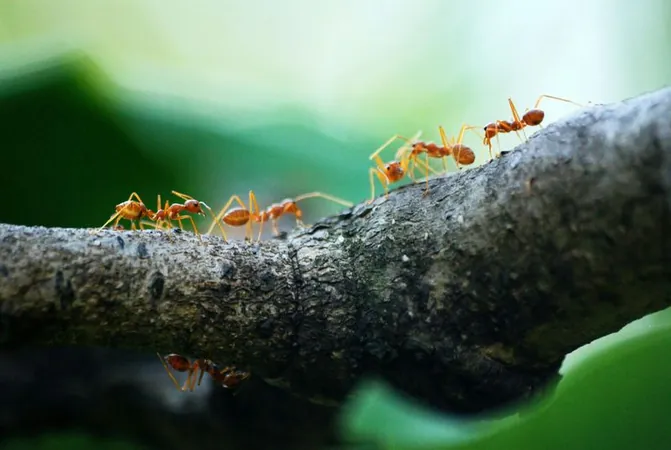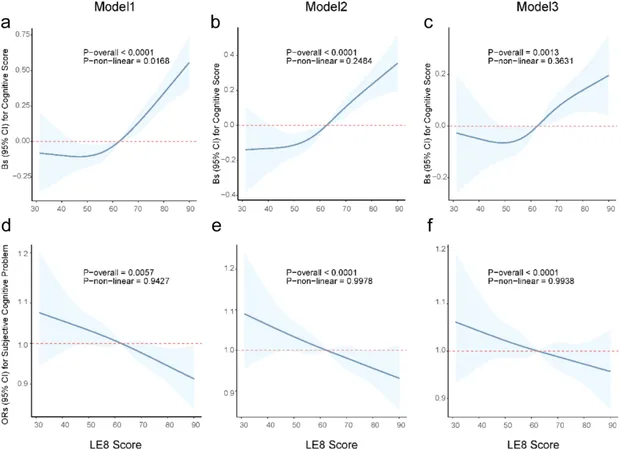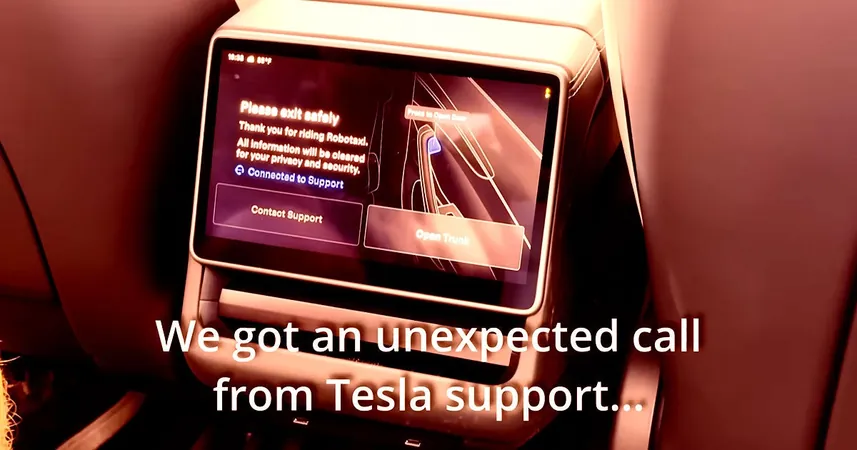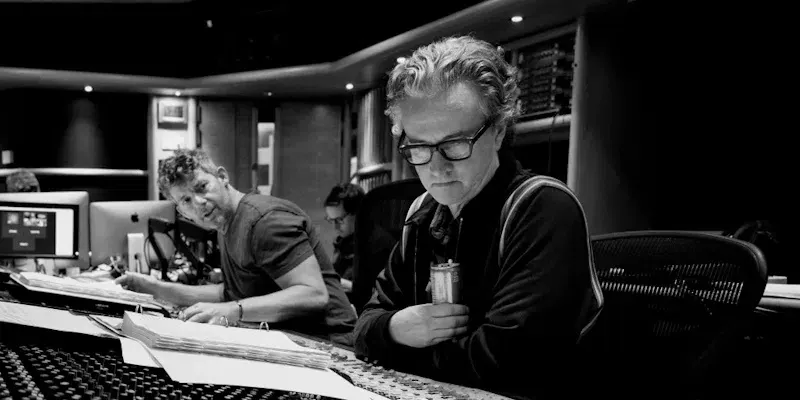
Ants Outperform Humans in Challenging Maze Tasks – Shocking Findings from New Study!
2025-01-05
Author: Emma
Introduction
In a surprising study conducted by researchers at the Weizmann Institute of Science in Israel, it has been revealed that a group of ants significantly outperforms humans when faced with the challenge of maneuvering heavy loads through a maze. This research highlights the extraordinary team dynamics and strategic capabilities of ants, which allow them to thrive in complex environments.
Key Findings
According to the findings published in the Proceedings of the National Academy of Sciences, ants exhibited remarkable collective memory, which enabled them to persist in their tasks and avoid making mistakes. "While ants become increasingly efficient as their groups grow larger, humans encounter the opposite effect," stated Ofer Feinerman, the lead researcher and professor at the institute's Department of Complex Systems.
Study Design
In the study, researchers devised two different mazes to accommodate both ants and humans. The ants tackled the challenge in varying group sizes: solo, in groups of seven, and in swarms of 80. Contrarily, human participants were organized into groups of single, six to nine individuals, and larger teams of 26, all without any verbal or non-verbal communication to ensure a fair evaluation of their capabilities.
Performance Comparison
Through this unique experimental setup, the researchers discovered a striking discrepancy in performance between the two species. While individual humans excelled, utilizing their cognitive skills to navigate the maze effectively, their performance fell short compared to that of groups of ants when placed in collaborative scenarios. In fact, larger swarms of ants demonstrated a remarkable ability to adapt and optimize their movements, ultimately surpassing human groups in the maze task.
Human Limitations
Feinerman elaborated on the contrast, noting, "The wisdom of the crowd concept, which has gained traction in the sociable landscape of today, did not manifest during our experiments with humans." Instead of collaborating effectively, humans resorted to what researchers termed "greedy" solutions—quick fixes that lacked long-term benefits, ultimately leading to a decline in overall performance when grouped together.
Ant Cooperation
On the other hand, the ant species studied, Paratrechina longicornis, operates within a tightly knit community where cooperation is paramount, further illustrating why ants could tackle the tasks more proficiently. "An ant colony functions as a family unit. All members share common interests, leading to unmatched levels of coordination and synergy," Feinerman added.
Conclusion
The outcome of this research offers new insights into group decision-making and demonstrates how, for ants, the collective is not just greater than the sum of its parts—it's a super-organism that thrives on cooperation. As humanity continues to navigate complex social dynamics and technological challenges, perhaps we ought to take a page out of the ants' playbook when it comes to teamwork! Will this groundbreaking study change how we think about collaboration in our own lives? Stay tuned for more updates!









 Brasil (PT)
Brasil (PT)
 Canada (EN)
Canada (EN)
 Chile (ES)
Chile (ES)
 Česko (CS)
Česko (CS)
 대한민국 (KO)
대한민국 (KO)
 España (ES)
España (ES)
 France (FR)
France (FR)
 Hong Kong (EN)
Hong Kong (EN)
 Italia (IT)
Italia (IT)
 日本 (JA)
日本 (JA)
 Magyarország (HU)
Magyarország (HU)
 Norge (NO)
Norge (NO)
 Polska (PL)
Polska (PL)
 Schweiz (DE)
Schweiz (DE)
 Singapore (EN)
Singapore (EN)
 Sverige (SV)
Sverige (SV)
 Suomi (FI)
Suomi (FI)
 Türkiye (TR)
Türkiye (TR)
 الإمارات العربية المتحدة (AR)
الإمارات العربية المتحدة (AR)